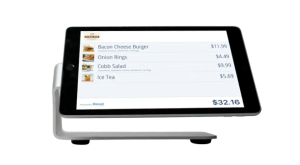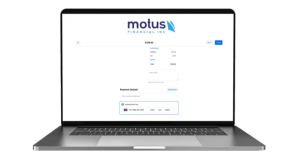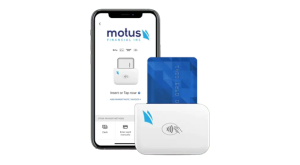Hiring a payment processor can involve some costs, but it is an essential investment for most businesses that want to accept credit and debit card payments. Payment processors charge fees for their services, which typically include a percentage of each transaction amount and a flat fee per transaction.
The exact cost of hiring a payment processor varies depending on the provider, the types of payment methods accepted, and the volume of transactions processed. Some payment processors charge higher fees than others, so it’s important for merchants to shop around and compare pricing and services.
Additionally, payment processors may charge additional fees for services such as chargebacks, refunds, or international transactions. Merchants should carefully review the fee structure of their chosen payment processor and ensure they understand all associated costs.
While payment processing fees may seem like an additional expense, they are typically offset by the benefits of accepting credit and debit card payments, such as increased sales, improved customer satisfaction, and reduced fraud risk. Many payment processors also offer additional features and services, such as fraud prevention tools and reporting capabilities, which can provide further value to merchants.
Overall, the cost of hiring a payment processor should be weighed against the benefits of accepting credit and debit card payments and the value provided by the processor’s services. By choosing a reputable payment processor and negotiating favorable terms, merchants can ensure they are getting the best value for their investment.
Motus Financial, Inc. is a trusted payment processor who works as your partner to ensure your success. Learn more: https://motuscc.com/




 Our POS systems are designed to streamline in-store transactions. With features like inventory management, sales reporting, and customer tracking, our POS solutions help you run your business more efficiently. Our terminals are compatible with various payment methods, including chip cards, contactless payments, and mobile wallets.
Our POS systems are designed to streamline in-store transactions. With features like inventory management, sales reporting, and customer tracking, our POS solutions help you run your business more efficiently. Our terminals are compatible with various payment methods, including chip cards, contactless payments, and mobile wallets.




